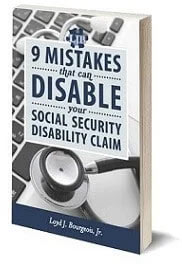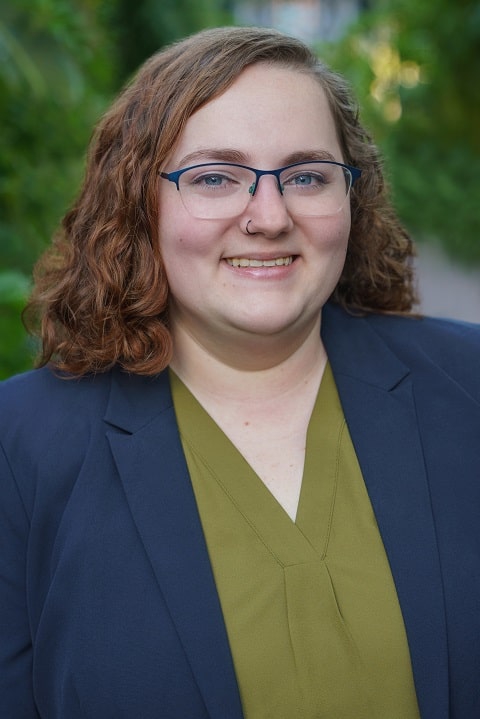As a Louisiana Social Security Disability lawyer, I am sometimes asked by claimants and others “What if I die before my SSDI application is approved?” While many of us do not like to think of such things, this question does have an answer.
According to an interview with Social Security Commissioner Martin O’Malley, 30,000 people died while waiting for benefits in 2023. That is a staggering number.
With the long wait times between initial applications and hearing decisions (or court decisions), if your claim is approved, there often are substantial back benefits due to you if and when your claim is approved.
The first thing to know is that the claim usually does not die with you. If your claim is approved after your death, the benefits should be paid from your onset date until the date of death. Anything owed to you at the time you die will probably be paid to someone else. The question is "who?"
In Social Security Disability Insurance, or “Title II,” cases, any payments due to you before you die are paid under priorities set forth in the Social Security Act. These benefits are not paid according to your will or your state’s law.
Priorities for Disability Backpay After Death
- The surviving spouse of the deceased individual who either (i) was living in the same household with the deceased at the time of death or (ii) was, for the month in which the deceased individual died, entitled to a monthly benefit on the basis of the same wages and self-employment income as was the deceased individual;
- The child or children, if any, of the deceased individual who were, for the month in which the deceased individual died, entitled to monthly benefits on the basis of the same wages and self-employment income as was the deceased individual (and, in case there is more than one such child, in equal parts to each such child);
- The parent or parents, if any, of the deceased individual who were, for the month in which the deceased individual died, entitled to monthly benefits on the basis of the same wages and self-employment income as was the deceased individual (and, in case there is more than one such parent, in equal parts to each such parent);
- The surviving spouse of the deceased individual;
- The child or children of the deceased individual (and, in case there is more than one such child, in equal parts to each such child);
- The parent or parents, if any, of the deceased individual (and, in case there is more than one such parent, in equal parts to each such parent); or
- The legal representative of the estate of the deceased individual
There is an exception where back benefits are not paid according to the above and that is where the case is only Supplemental Security Income (SSI), or “Title XVI,” and you are not married or living with your spouse and you are not a child claimant living with a parent. In this case, the SSI benefit can be paid to the spouse living with the claimant or a parent with whom a child claimant has been living.
The family member who follows the claim will need to submit a copy of the claimant’s death certificate as well as a completed “Substitution of Party Upon Death,” HA-539 and SSA-174 “Claims For Amounts Due In Case of A Deceased Beneficiary”. If an attorney was representing the claimant, the Social Security Administration would follow its normal procedure of processing the attorney’s fee.
In addition, if the disability claim ends up being approved and the claim was for SSDI, surviving family members may be eligible for a continuing benefit.
For more information, the SSA provides additional information to help when a family member dies.
If you have specific questions about your claim, call disability attorney Loyd Bourgeois at 985-240-9773.

 With the long wait times between initial applications and hearing decisions (or court decisions), if your claim is approved, there often are substantial
With the long wait times between initial applications and hearing decisions (or court decisions), if your claim is approved, there often are substantial 





